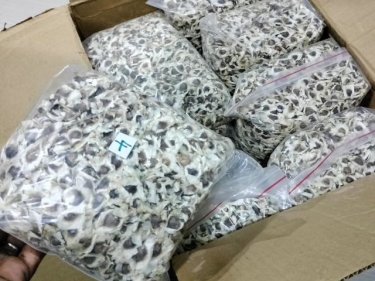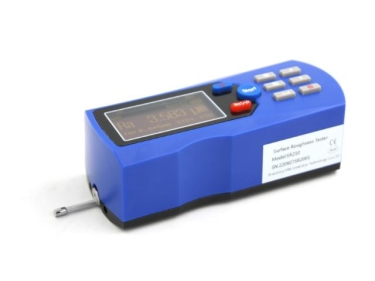Blockchain: A Tool to Promote Cooperation
How can blockchain foster collaboration across multiple industries? Come read our article to discover the various advantages that this technology offers.

The war in Ukraine and the Covid-19 pandemic have made one thing abundantly clear: the world has evolved into a global economy with integrated supply chains, financial systems, and trade relations. In this world, no single country can just run their own show, not even the biggest economies in the world – or, to be more precise, especially not the world's largest economies.
Trust Is Key – At Least for Now
As global cooperation becomes essential in almost every industry, it needs to be more efficient. However, our current economic system has one major issue: most transactions rely on intermediaries.
Before the internet, most transactions were local. You bought your groceries at the local shop and paid in cash. If you needed furniture, you ordered it from a local supplier. For most transactions, you knew the other transaction party personally. Or at least you knew where the shop was and how to find the person you ordered from. Those kinds of transactions are fundamentally different from today’s trade and commerce.
Most of us no longer even do grocery shopping in person. Instead, we order through an app, and a shipper delivers it. We also rarely pay in cash these days. We order furniture from a supplier somewhere far away, often in another country, via the internet. We don't know who we're ordering from, and we have few options for getting our money back if something goes wrong.
Bring In Blockchain…
Blockchain technology makes transactions “trustless.” Now, what does that mean?
Blockchain is a decentralized database that stores digital data in a distributed computer network instead of one centralized computer. Take money transactions, for example. When you send money to someone, you are not actually sending money. What happens is that your bank reduces your electronic balance, and the receiver’s bank increases his or her balance by the same amount. No money has been “sent.” This entire transaction is based on trust because it relies on the banks as centralized intermediaries to maintain their databases.

In a decentralized blockchain network like the Bitcoin network, the transactions are stored on a distributed ledger. That means thousands of computers store the same version of the database instead of one bank storing one version. This also means nobody can manipulate your Bitcoin balance, and it doesn’t need a centralized entity like a bank to ensure the correctness of the transaction.
Reshaping Value Exchange
This technology can promote cooperation in many different sectors. Take trade, for example. A blockchain-based platform like Export Portal makes many trade intermediaries like trade financing providers obsolete. Cutting these middlemen out of the value chain makes trade cheaper and faster. Other applications are in supply chain management, where transacting parties can directly interact peer-to-peer.
Blockchain has the potential to reshape how we interact, transact, and exchange value completely. It will do to ownership what the internet did to communication. It will digitize it and bring power back to the user.
Learn More with Export Portal
Found this article informative? Check out our Blog Page for more!


















Comments 0